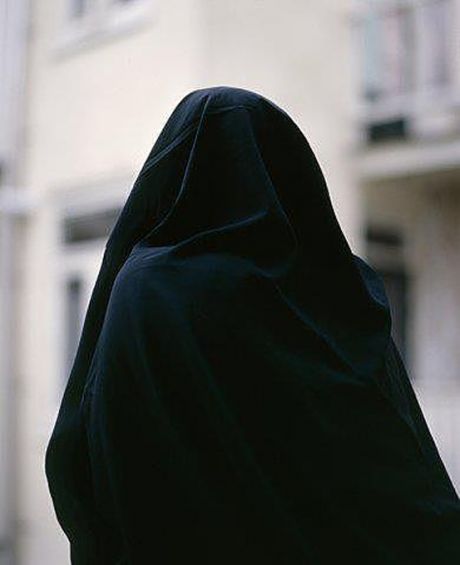Researchers have studied the participation in European civic and political life of women of Muslim background, challenging assumptions of passivity. Empirical research was based on a comparison of Spain, France and the United Kingdom to uncover the group’s different modes of participation and action as well as enabling and/or constraining factors.
The EU-funded project POWER UNVEILED (Power unveiled: Muslim women participation in European civic and political life) endeavoured to understand more about how these women constitute themselves as social actors.
A review of the relevant academic literature was carried out, and archival searches helped amass important material in two areas: the three countries' structural and cultural frameworks, and associations and organisations where Muslim women were involved. Data collection involved in-depth, semi-structured interviews and participant observation in community associations' events and activities.
Adoption of a sociological intervention approach produced valuable data on Muslim women's capacity of action and participation in civic and political engagement. This methodology gave a voice to the subjects and included them in the analysis of their situation and actions.
Project work advanced theoretical developments related to gender and political issues as well as on parameters of action, effectively expanding knowledge on a relatively little-studied topic.
The initiative brought to the fore the high degree of political and civic participation of Muslim women in Spain, France and the United Kingdom. Overall, it serves to challenge prevalent prejudices that attribute characteristics of passivity, subordination and a focus on the home that excludes them from public space.
POWER UNVEILED established a typology of Muslim women's participation, their modes of action and the arenas within which they deploy it. As such, project findings contribute an enhanced understanding of civic and political participation of Muslim women. The generated knowledge has implications for policymaking with a view to improved social cohesion through support for Muslim women's interests and needs. Indeed, their capacity for participation and contribution can be leveraged for better integration of Muslim populations in Europe.

